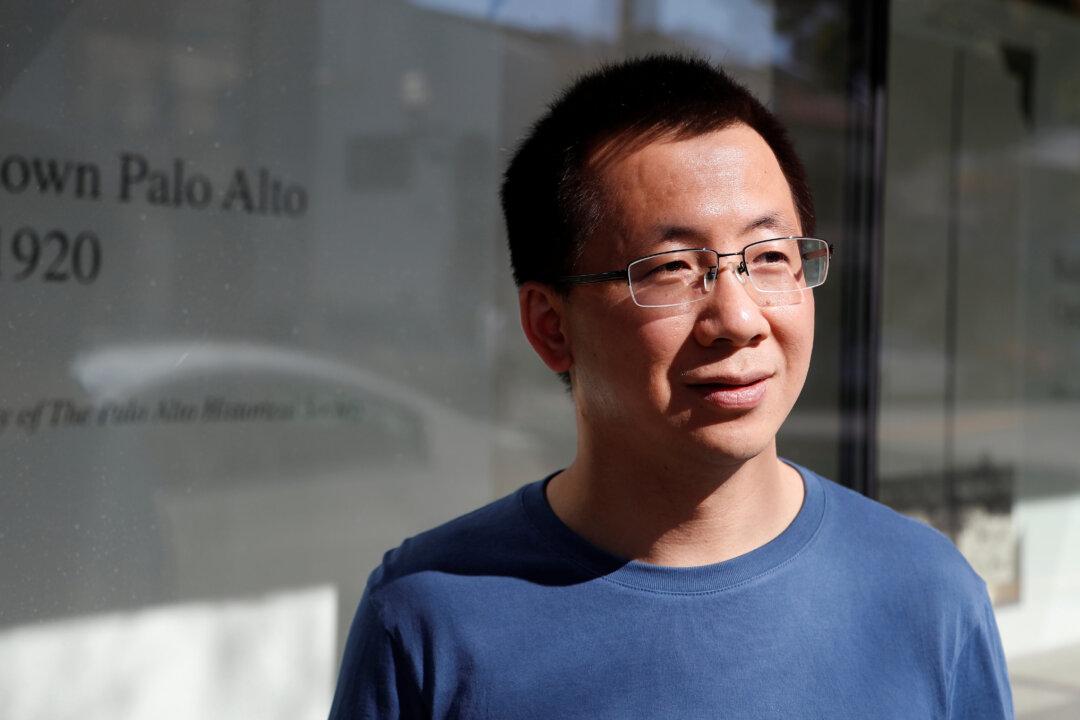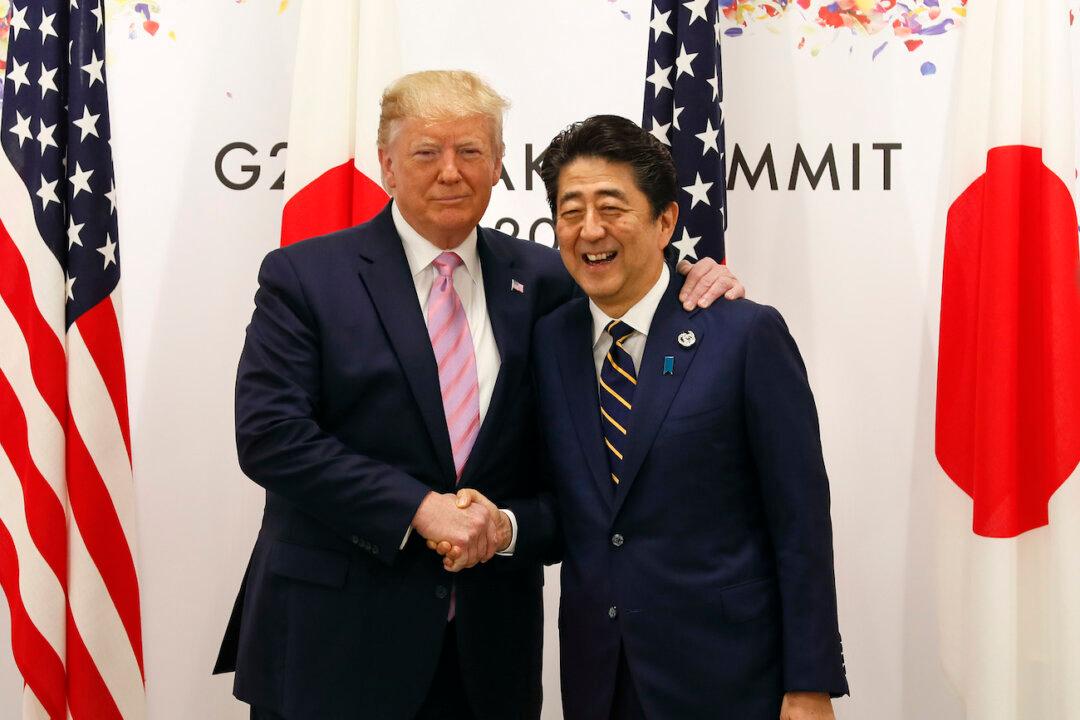The 38-year-old ByteDance CEO, Zhang Yiming, has declared his plan to step down by the end of the year as Beijing intensifies its efforts to curb the influence of China’s internet firms. The announcement has drawn speculation from outsiders.
In a May 20 letter addressing his employees, Zhang revealed this sweeping decision, claiming that he would step aside but remain dedicated to the long-term development of corporate strategies, organizational culture, and social responsibility of the company. He explained that he was not the best person for the position of CEO for not being social, hoping to hand off daily management.





